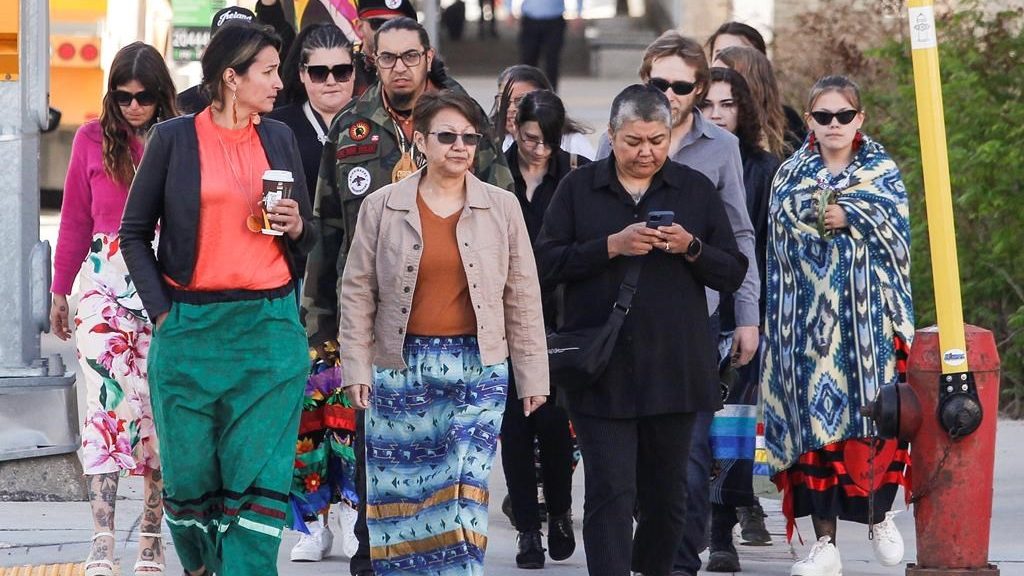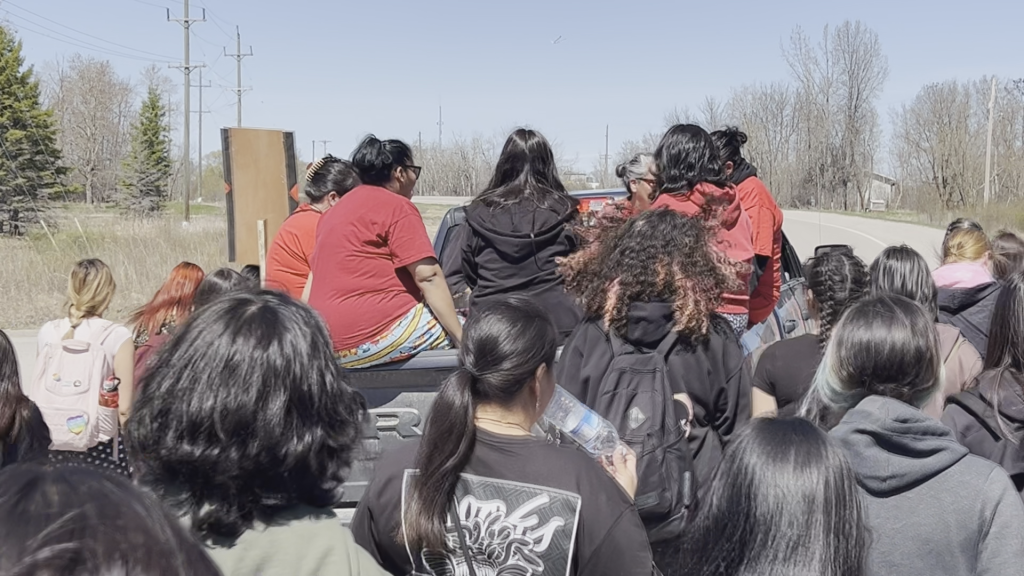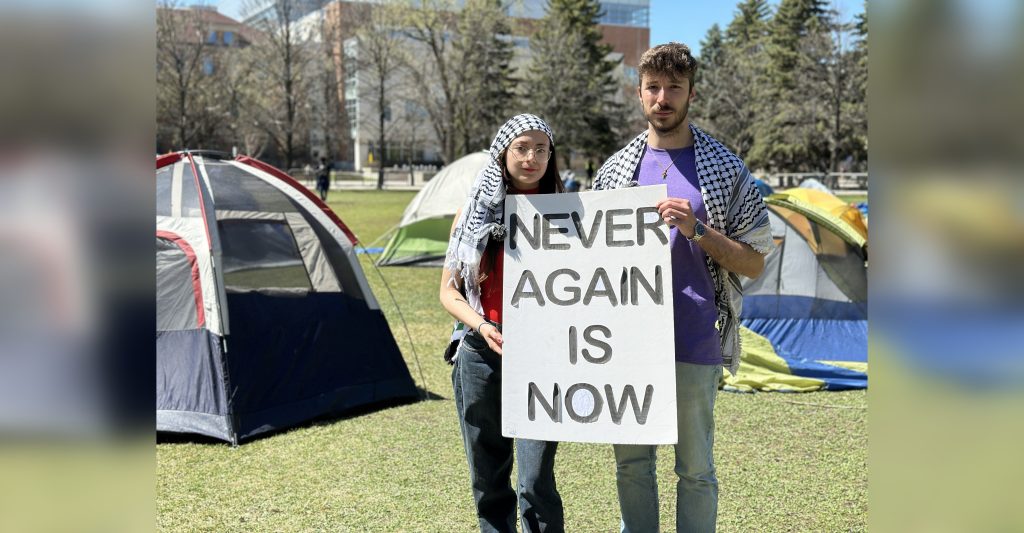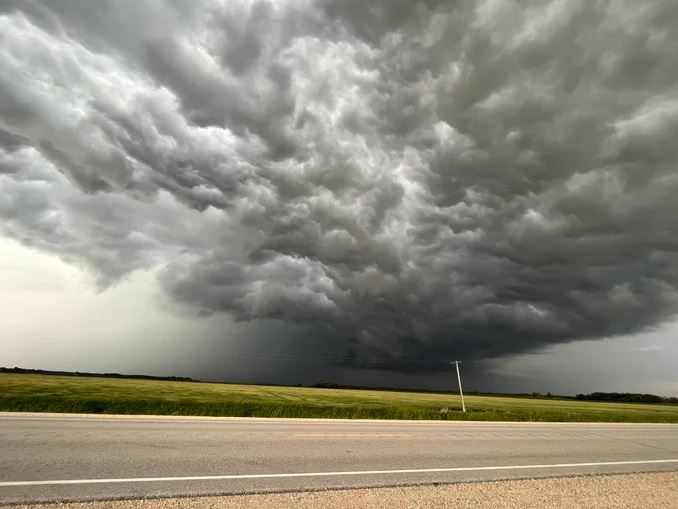India tells Canada to remove 41 of its 62 diplomats in the country, official says
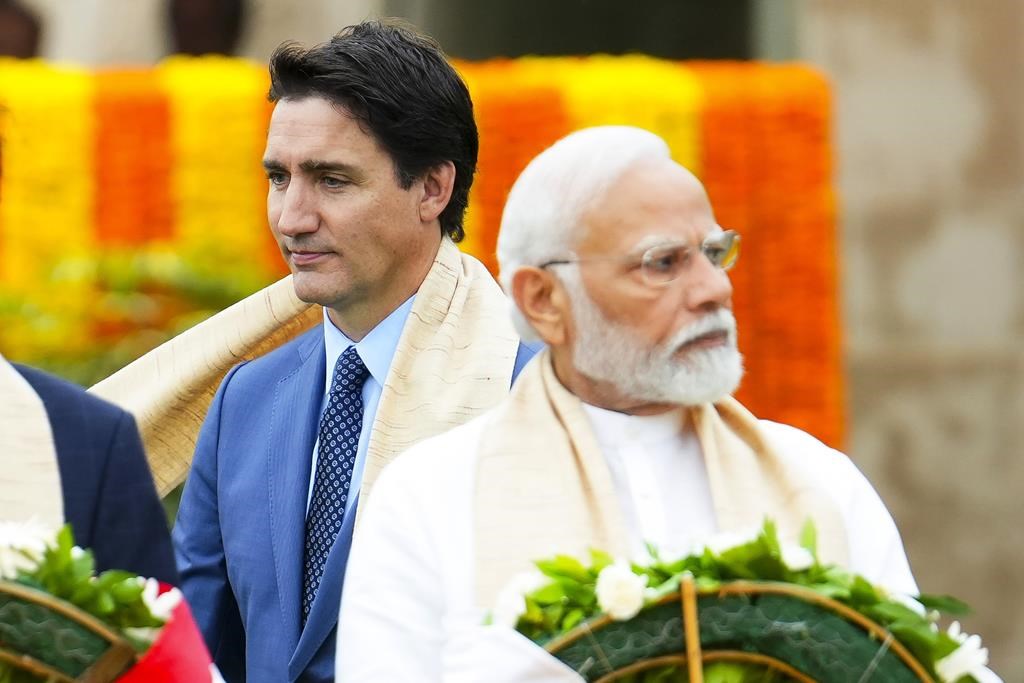
Posted October 3, 2023 7:18 am.
Last Updated October 3, 2023 10:52 am.
India has told Canada to remove 41 of its 62 diplomats in the country, an official familiar with the matter said Tuesday, ramping up a confrontation between the two countries over Canadian accusations that India may have been involved in the killing of a Sikh separatist leader in suburban Vancouver.
The official spoke on condition of anonymity as they were not authorized to speak publicly ahead of public reaction from the Canadian government later Tuesday. The official confirmed an earlier report from the Financial Times.
India’s Ministry of External Affairs declined comment.
Trudeau would not confirm the reports, nor did he sound inclined to acquiesce to India’s request.
“Obviously, we’re going through an extremely challenging time with India right now,” Trudeau said on his way to a caucus meeting on Parliament Hill.
“That’s why it’s so important for us to have diplomats on the ground, working with the Indian government, there to support Canadians and Canadian families.”
Canada, he continued, is “taking this extremely seriously, but we’re going to continue to engage responsibly and constructively with the government of India.”
RELATED: India suspends visa services in Canada, rift widens between countries
Foreign Affairs Minister Melanie Joly said largely the same thing.
“In moments of tension, because indeed there are tensions between both our governments, more than ever it’s important that diplomats be on the ground,” Joly said.
“That’s why we believe in the importance of having a strong diplomatic footprint in India. That being said, we are in ongoing conversations with the Indian government.”
Trudeau stood up in Parliament last month and said there were “credible allegations” of Indian involvement in the slaying of Hardeep Singh Nijjar, a 45-year-old Sikh leader who was killed by masked gunmen in June in Surrey, outside Vancouver. For years, India has said Nijjar, a Canadian citizen born in India, has links to terrorism, an allegation Nijjar denied.
Arranging the killing of a Canadian citizen in Canada, home to nearly two million people of Indian descent, would be unprecedented.
India has accused Canada for years of giving free rein to Sikh separatists, including Nijjar.
RELATED: India asks citizens to be careful if traveling to Canada as rift widens over Sikh leader’s death
India has also canceled visas for Canadians. Canada has not retaliated for that. India also previously expelled a senior Canadian diplomat after Canada expelled a senior Indian diplomat.
The allegation of India’s involvement in the killing is based in part on the surveillance of Indian diplomats in Canada, including intelligence provided by a major ally, a separate Canadian official previously told The Associated Press.
The official said the communications involved Indian officials and Indian diplomats in Canada and that some of the intelligence was provided by a member of the “Five Eyes” intelligence-sharing alliance, which includes the United States, Britain, Australia and New Zealand, in addition to Canada. The official spoke on condition of anonymity because of not being authorized to discuss the matter publicly.
The latest expulsions by India have escalated tensions between the countries. Trudeau had frosty encounters with Indian Prime Minister Narendra Modi during this month’s Group of 20 meeting in New Delhi, and a few days later, Canada canceled a trade mission to India planned for the fall.
Nijjar was also a leader in what remains of a once-strong movement to create an independent Sikh homeland, known as Khalistan. A bloody decadelong Sikh insurgency shook north India in the 1970s and 1980s, until it was crushed in a government crackdown in which thousands of people were killed, including prominent Sikh leaders.
The Khalistan movement has lost much of its political power but still has supporters in the Indian state of Punjab, as well as in the sizable overseas Sikh diaspora. While the active insurgency ended years ago, the Indian government has warned repeatedly that Sikh separatists were trying to make a comeback.
